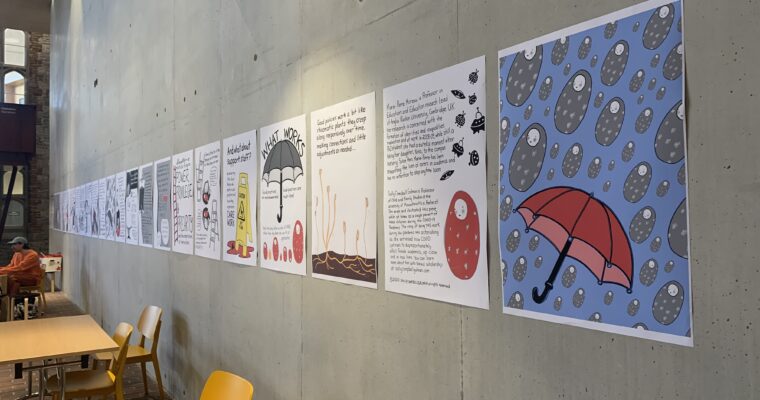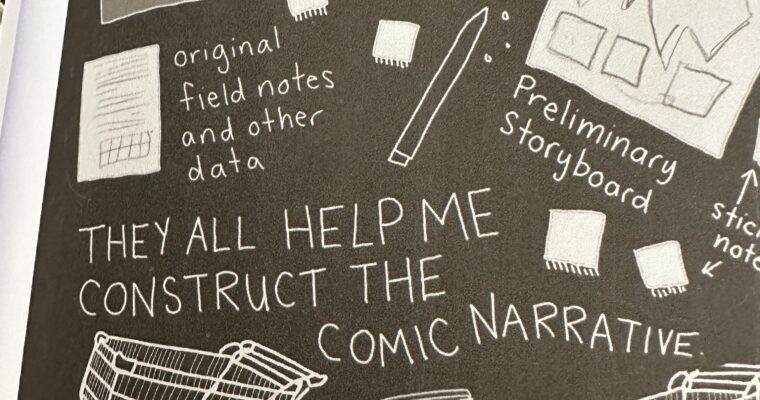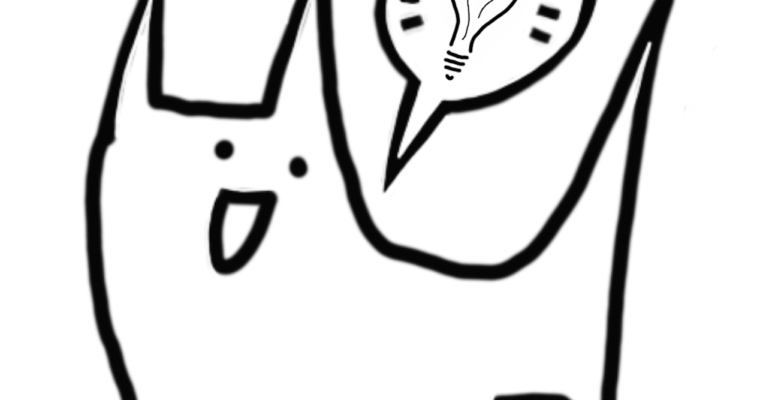It’s time for Non Fiction Comics Fest yet again!
Hey y’all. It’s the best time of year– autumn in New England and also Vermont Folklife’s Non Fiction Comics Fest! This is the best fest, and so many amazing people attend– don’t miss it! CBR Lab, and yours truly, will be hawking our wares (honestly–what …













